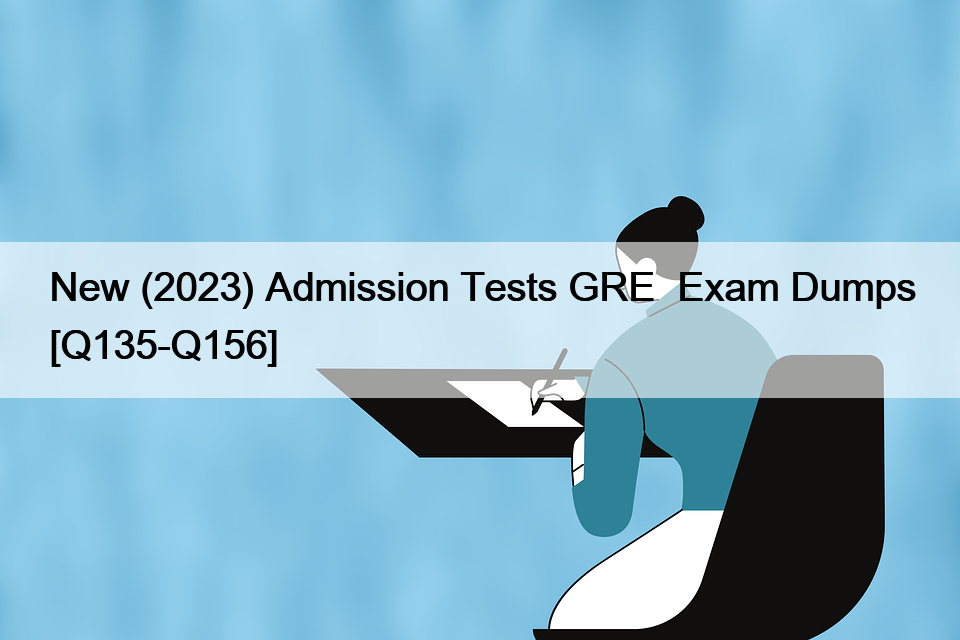QUESTION 147
In the late eighteenth and early nineteenth centuries, during the period of the American Revolution and the early republic, political poems appeared regularly in newspapers and pamphlets. commenting on the issues and controversies engaging the new nation. Given the sheer number of poems that engaged explicitly with politics, one might wonder why the form has remained largely ignored by scholars of early American literature even as many other once obscure forms-sentimental novels, diaries, travelogues, belles letters-have enjoyed unprecedented scholarly interest in recent decades. Part of the reason may stem from frustrations involved with reading poems that are so highly topical-often requiring, even as a condition of first-level comprehension, a familiarity with names and references that, while wholly recognizable in their own time, are obscure to modem readers. Yet beyond this is the fact that American political verse from the eighteenth and early nineteenth centuries has never fully shaken off the verdict, delivered by its earliest generation of scholarly readers. that it is simply unworthy of serious attention as literature. Even the term commonly used to describe it-“verse.” as opposed to “poetry”- suggests an occasional or forgettable, rather than enduring, form of expression, not quite deserving the designation of poetry. Nor was such verse considered by early critics as worthy of the designation “American.” as the tendency of eighteenth-century American poets to model their works on those of British precursors suggested an unforgivable failure, as one critic described it. to declare their “literary independence” from Britain.
The passage suggests which of the following about the “earliest generation**?
![]()


Recent Comments